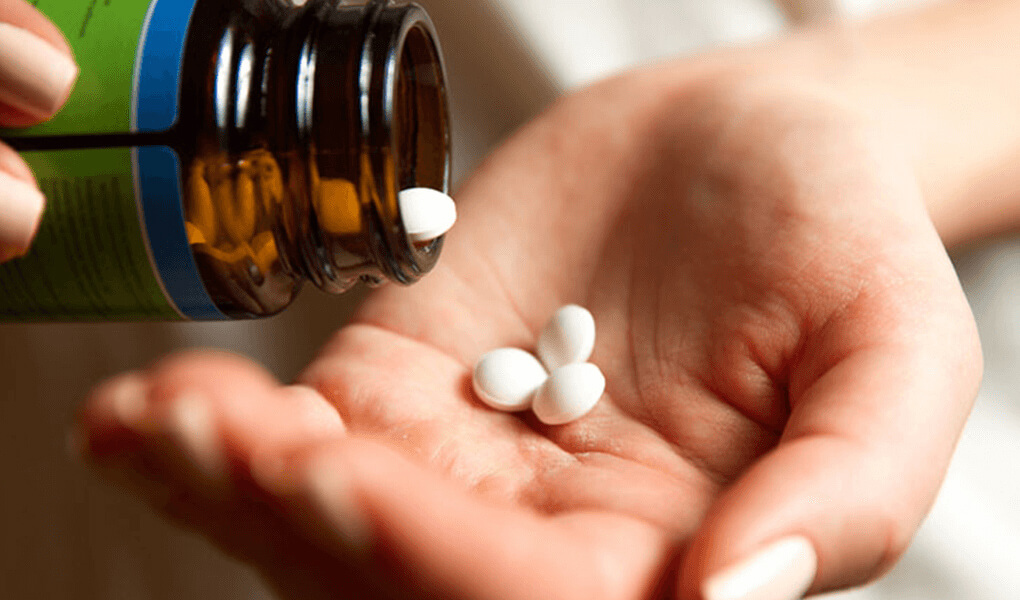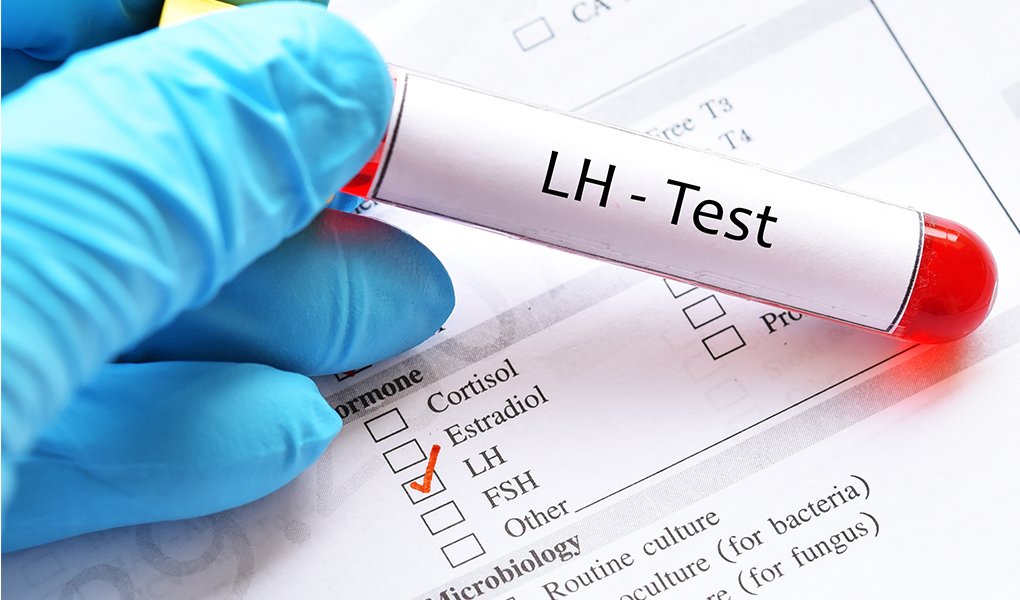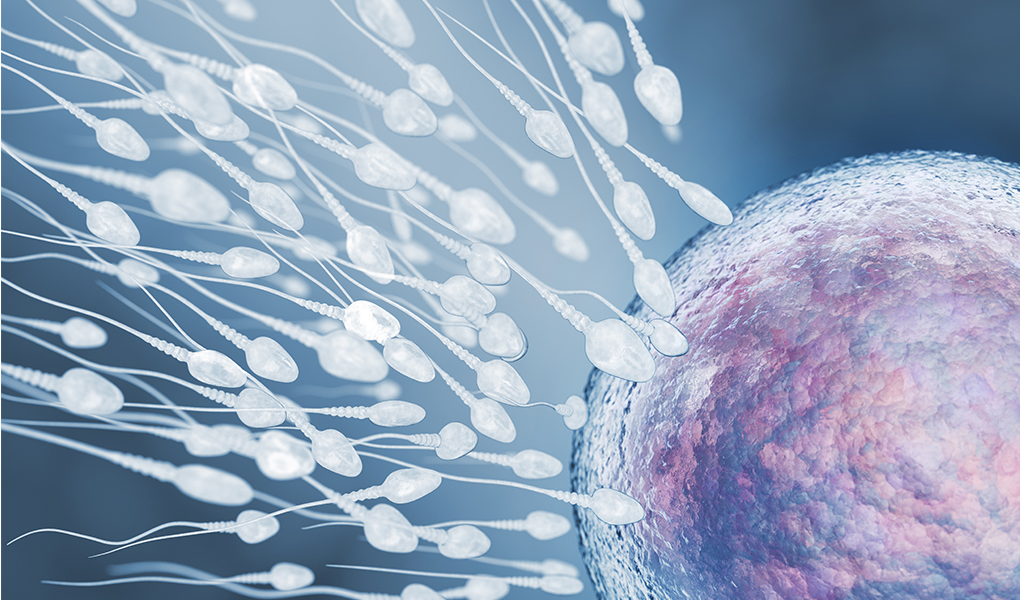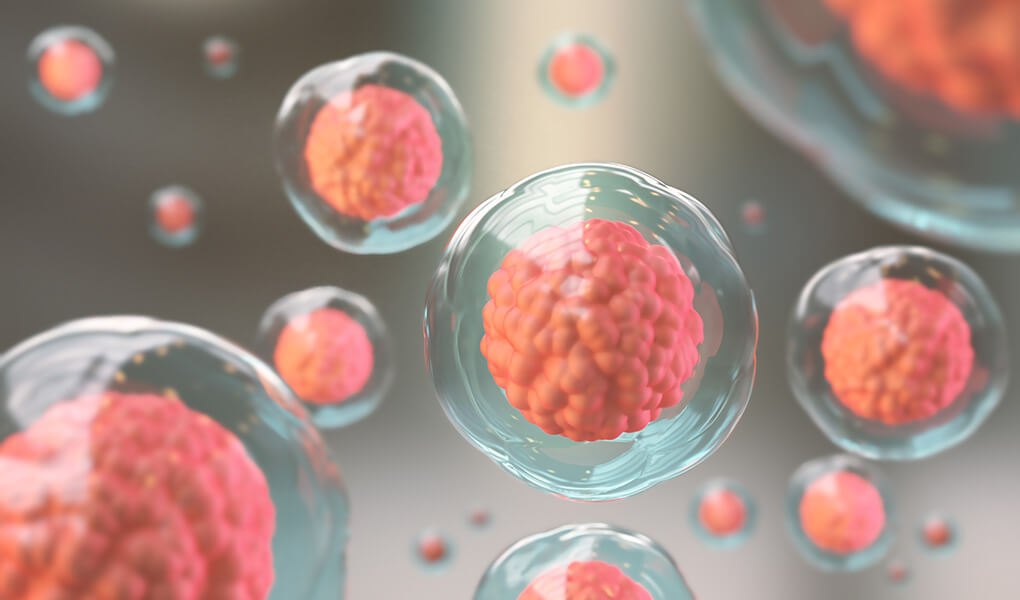As on all treatment patients are the centre of IVF treatment. During the treatment use of correct medications will be determining your chance of success.
Even though, people who are undergoing IVF treatment are not a “patient in real term” they need to use variety of medication, along with this they have to have a 20-day long treatment period. Ever wondered what the common mistakes are done by patients during the treatment? How can you prevent use of wrong application of medication? Are there any side-effects of the medications? You can find all the answers for your questions in this article.
What Is the Point That Is Worrying Patients Most When Applying Medication?
Majority of the patients’ fear of IVF treatment is caused by use of medication. Because during this period IVF patients are worried about “I’ll set up the drug doses incorrectly” or “I will be applying to the wrong section”. This creates a real pressure on patients. Because on the ovulation induction period of the treatment which lasts about 10 to 14 days, patients apply injection to themselves. This causes the stress.
How You Can Prevent Misuse of IVF Injections?
The most important part to prevent is explaining the patient in detail how to use the medication. Both, ovulation induction injections and medications that will be used after the egg retrieval. This will help patient to understand use of medication therefore, stress on the patient will be less. This will also affect the pregnancy chance of the patient.
What Can Be Done to Prevent Mistakes Caused by Misuse of the Medications?
In fact, such problems are not encountered if the patient is well informed during a rigorous IVF treatment process. However, another important point is that the patient should always be honest with her physician and nurse. In addition, it is possible to list the following things:
The usage times, hours and doses of the ovulation induction injections need to be explained to the patient carefully and practically demonstrated.
The patient should be given written information about the points that she should be aware of and how to use the medication.
The IVF patient should be warned by her doctor and nurse about changes made during treatment. If misuse occurs, treatment may need to be re-arranged or cancelled, depending on the effect of the misuse.
The most common misuse happens on the, HCG (egg fracture) injection at the end of the ovulation induction period. An error in the timing of this needle will cause premature cracking of the eggs or failure to remove mature eggs. Therefore, IVF centres should confirm the time of injection. The patient should be informed carefully about this time.
The medication to be used after egg collection and transfer are completely different. Oral or vaginal medications are added to the treatment. The patient and physician should talk personally, and treatment compliance best to the patient should be preferred.
The communication between the IVF doctors, nurses and the patient should be placed within a framework where they can reach each other 24 hours a day. At the same time, attention should be paid to details in the communication established, and communication should be established very clearly.
All our patients who are treated in Bahçeci IVF Centre, patient advisors show the use of the needles practically. If you forget your use when you go home, you can get information by calling our patient consultants.
Medication Used in IVF Treatment
Throughout the whole treatment, IVF patients are supported with DHEA hormone, folic acid and vitamin supplements, those medications are usually taken orally. In addition, the IVF doctor may recommend fish oil.
What are the injections used and how many days are given for IVF treatment?
Injections for IVF Treatment
It is possible to mention the injections given to IVF patients under two categories:
1. Ovulation Induction Injection
These medications are hormone support that are determined completely according to the physical and hormonal status of the patient. Depending on the situation, the ovaries are sometimes stimulated and sometimes suppressed in the course of progressive ovulation induction (ovulation induction).
2. Medication Used After Egg Retrieval
Following ovulation induction, eggs are collected and fertilized with father’s sperms in this way, we create the embryo. Embryo with the highest quality is then transferred into mother’s uterus. During this procedure and after, oestrogen and progesterone hormone supports are given to the patient. These hormones can be given in the form of vaginal gel, suppository or injection.
How Long Do You Have to Apply IVF Injections?
IVF treatment should be carried out completely in a personalized approach. Therefore, one of the frequently asked questions of patients who cannot find clear information in their research is how many days do IVF injections take?”. Depending on the condition of the patient, IVF needles can be used for 10-12. Depending on the physician’s choice, sometimes a longer treatment protocol can be applied. In this case, the IVF injection, which starts on average 21 days after the menstrual period, is applied to the patient for an average of 20 days.
Things to be Cautions When Using Gonal F
Gonal f is one of the hormone injections commonly used in IVF treatments. This needle containing oestrogen hormone injected from the umbilical region. It is highly important for patient to apply this injection correctly, to the half-moon shaped area, which covers 2 fingers down and 2 fingers sides of the navel after adjusting the dose. The application of the needle is very easy and painless. The most important consideration when using gonal f is punctuality.
Cetrotide Injection
The cetrotide injection is applied, 5-6 days after the start of treatment to prevent the developed eggs from cracking beyond control is a needle applied to prevent the developing eggs from cracking outside the control of the physician. The needle is administered in the same manner as hormone needles such as Gonal F. The most important element in this application is the punctuality. Injection should be done exactly at the time the doctor asked the patient to shoot. Otherwise, egg development may become unstable and interfering IVF treatment may be necessary, as the eggs may crack before the scheduled time.
Side-Effects of the Medication Used in IVF Treatment
Medication used in IVF treatment has become much more precise in dosages and easy to apply, thanks to technological developments. Thus, allowed treatment to become much easier and trustworthy.
As with all medications and treatments, IVF drugs have side effects. These are mostly transient effects that resolve spontaneously in a short time. We rarely encounter health-threatening situations.
These medications may cause slight irritation at the site of administration (injection), although not very often. In addition, although rare and not very serious degrees; headache, breast tenderness, hot flashes, fatigue, or emotional tenderness.
Another frequently asked question is “Does IVF treatment make you gain weight?”. You may gain few extra kilos, cause by appetite change, water retention in body and oedema. However, this is temporary, and you will not experience long-term weight gain, if you do not consume too much.
There have been discussions of “IVF medications causing cancer”. About this, many detailed researches done however, none of those suggests there is relation with human reproductive cancer types. Those women, who has never given birth (including those who never had IVF treatment) ovarian cancer risk has increased. Also, there are other rumours that suggest IVF treatment extinguishes your ovarian reserve, this is not true.
Medications used in Ovulation Induction; This can lead to over-development in ovaries, abdominal swelling, nausea, vomiting can be observed in this case. This is called OHSS (ovarian over excitation syndrome) it can be observed in 3 different severity. Most frequent severity we come across is the mild severity, ovarian has gotten bigger, some uncomforting felt in the abdominal area. With some rest and if necessary, painkillers will help this to disappear couple of days later. Moderate severity of OHSS includes, has nausea, vomiting and more swelling in the abdominal area. This can be cured with medication in a short time. Severe OHSS causes, fluid to accumulate in the abdominal cavity there for it leads to shortness of breath it affects the general condition of the patient, at this stage you need to apply to an hospital, this is seen only in 1% of IVF patients.
Symptoms general occurs 4 to 5 days after the egg retrieval. Mild and moderate OHSS will disappear with in couple of days. If the embryo transfer has applied, recovery may taken a little longer, it may take up to couple of weeks for full recovery.
To be able to prevent OHSS one of the most important factor is close following. If the patients response to the medications is high and oestradiol hormone is high, medication should stopped to see drop in the oestradiol hormone.
If the pregnancy occurs following the transfer, we recommend patients with OHSS risk to have their embryos frozen. Once patient is fully recovered, we can then transfer the embryos. In this way, patient can be protected from severe OHSS and does not affected negatively from OHSS.





Be the first to comment